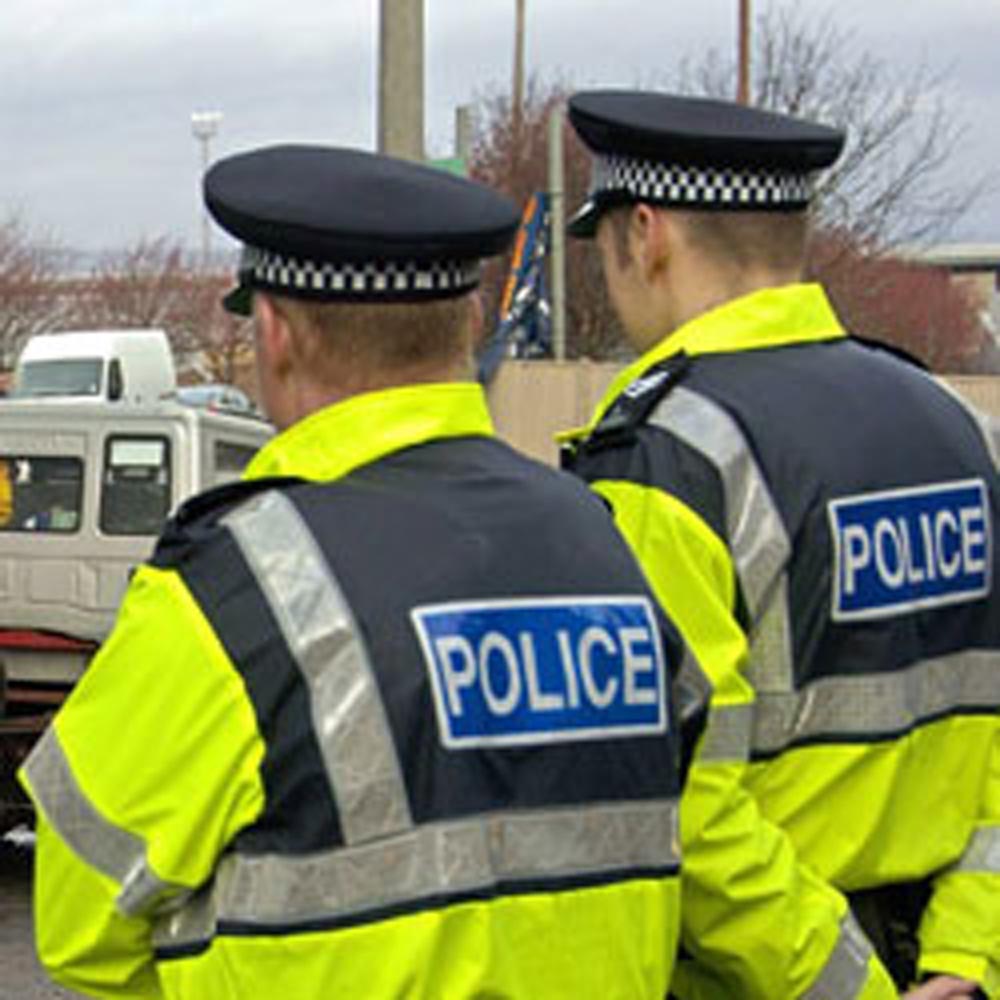POLICE mugshots of innocent people are being kept on file for up to 12 years, it has been revealed.
Photographing an individual after an arrest is standard practice for law enforcement services across the world.
But now a report from the police watchdog has revealed that Scottish police are keeping mugshots of suspects for up to 12 years – even when no action is taken against them.
The report from HM Inspectorate of Constabulary in Scotland (HMICS) has now called for an independent investigation into the police database of DNA, fingerprints and mugshots.
The body also warned that there is currently no regulation on how police should be using such images.

Whilst fingerprints and DNA are destroyed if criminal proceedings are dropped, the images of suspects remain on the force’s “custody software.”
Most of the mugshots are kept for at least six years, but suspects accused of more serious offences may stay on the books for up to 12 years.
HMICS said that Police Scotland were keeping such images on file to help with investigations where those arrested have given incorrect personal details or to help where the arrested individual made a complaint.
But Graeme Pearson – Labour’s justice spokesman and a former senior police officer – said: “I don’t think it’s right.
“If a decision is taken that there’s to be no prosecution or if the person is found not guilty, then the images, DNA and other biometrics should all be destroyed at that point.
“There’s no justification for holding on to them.”
Liberal Democrat justice spokeswoman Alison McInnes added: “This report raises questions about why some records have to be destroyed as soon as possible after someone is cleared of wrongdoing but photos can be kept for up to 12 years.
“I will be writing to Police Scotland to seek a more detailed explanation.
A spokeswoman for Police Scotland said: “Custody images – including those of a person who has not been charged – are retained to assist in the investigation of circumstance where arrested persons may have provided false identity details to the police, or in other circumstances, such as retrospective complaints being made about a particular custody episode.”

